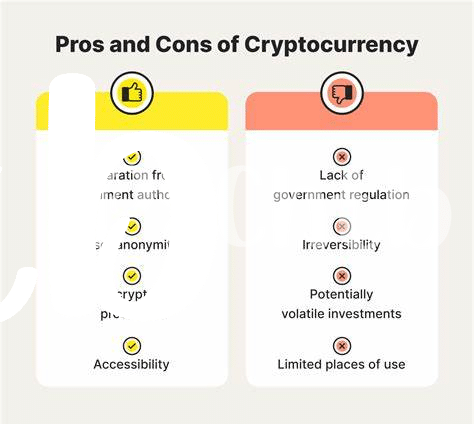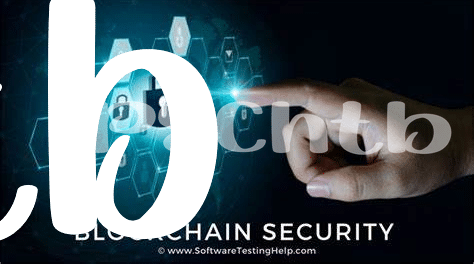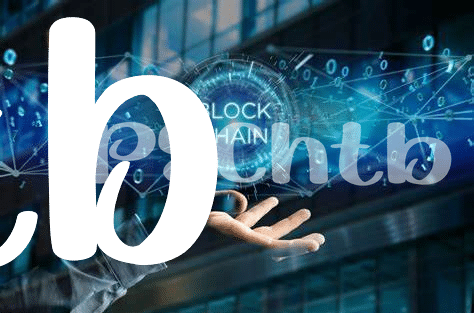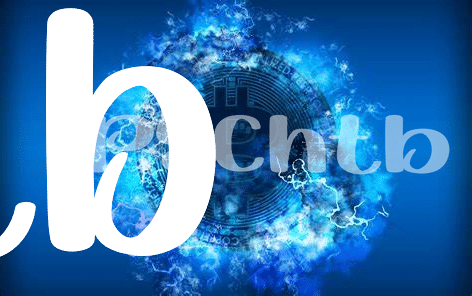What Are Smart Contracts? 🤖

Imagine a world where making deals and signing contracts is as easy as sending an email. That’s pretty much what smart contracts offer. They’re like digital agreements 📄✨ crafted to automatically execute or enforce themselves once certain conditions are met, without needing a middleman. This magic happens on a blockchain – a shared, unchangeable ledger that records transactions. It’s like having an impartial digital notary who makes sure everything goes according to plan. Smart contracts can handle all sorts of deals, from simple ones like buying your morning coffee ☕ with cryptocurrency to complex business agreements. The best part? They’re transparent, meaning everyone involved can see the terms and verify them, yet secure and tamper-proof, ensuring that nobody can mess with the agreement once it’s set in motion.
| Feature | Description |
|---|---|
| Automatic Execution | Triggers actions when conditions are met |
| Transparency | Terms are visible to all parties involved |
| Security | Blockchain technology makes it tamper-proof |
Revolutionizing Agreements with Blockchain 🌐
Blockchain technology is like a digital ledger, keeping track of everything in a way that’s hard to cheat. It’s behind things like cryptocurrencies, which you might know as digital money, like Bitcoin. Now, imagine this power being used to jazz up traditional contracts into something called smart contracts. These are not your typical paper agreements but are programmed to automatically do certain actions when specific conditions are met. This means if you’ve agreed to pay for a service once a job is done, the payment gets released automatically when the job’s completion is confirmed. Neat, right?
Incorporating blockchain into these agreements is a game changer. It cuts out the middleman, like lawyers or banks, which can save a lot of time and money. But it’s not just about efficiency; it’s about trust. Since these transactions are recorded on a blockchain, tampering with them is next to impossible. This transparency and security naturally lead to trust, which is invaluable in any business or personal deal. Plus, with advancements and wider adoption on the horizon, understanding how this technology impacts finance is crucial. You can dive deeper into how blockchain is shaping the financial landscape here.
Benefits of Smart Contracts in Business 💼

Imagine shaking hands on a deal, confident that everything will happen just as agreed, without worrying about the other party not sticking to their word. This is what businesses experience with smart contracts. Essentially, these digital agreements run on blockchain technology, meaning they automatically carry out the details of a contract once conditions are met. For businesses, this translates into lightning-fast processes, cutting down the time it usually takes to manually handle agreements and paperwork. Less waiting means deals are done quicker, allowing companies to move faster and stay ahead in their industry. 🏃♂️💨 Moreover, since these contracts are secured on blockchain, they are almost impossible to tamper with, offering a level of security traditional contracts can’t match. This significantly reduces the risk of fraud and errors, providing peace of mind for all parties involved. Plus, by slashing the need for middlemen, companies save on extra fees, keeping more money in their pockets. 💰🔐 In a world where efficiency and security are king, smart contracts offer businesses a competitive edge that’s hard to overlook.
Common Uses Across Industries 🏭

Imagine a world where every agreement, whether it’s buying a house or securing a loan, happens smoothly without stacks of paperwork or long waits. That’s precisely where smart contracts come into play. They are not just a fancy technol term; they are transforming how we do business across various sectors. From healthcare, where they ensure patient data is shared securely and efficiently, to supply chains, where every step of a product’s journey is transparently recorded, smart contracts are making processes quicker and more reliable. Even in the world of entertainment and intellectual property, creators can now ensure they get paid fairly for their work without intermediaries.
But the magic doesn’t stop there. The energy sector is leveraging these digital agreements to trade renewable energy certificates, and in real estate, buying a property is becoming as easy as clicking a button, reducing fraud and speeding up transactions. All these applications are part of a bigger picture, a revolution underscored by technology that’s making trust and transparency the norm. For more insights into how blockchain and smart contracts are reshaping the arenas of agreement and exchange, consider diving into bitcoin market analysis and the blockchain. The evolution we’re witnessing today is just the beginning.
Overcoming Challenges and Limitations 🚧
Smart contracts, like any new technology, face their fair share of hurdles. Think of them as sophisticated digital agreements that live on the internet. They’re smart but not perfect. They struggle with issues like being a tad unfriendly for those not tech-savvy, and sometimes, their security isn’t as tight as Fort Knox, making them a target for digital tricksters. Yet, there’s a silver lining as brighter minds are on it, working tirelessly to make these contracts smarter and safer. For instance, improving how these contracts handle real-world data and making them easier for everyone to use, not just the computer wizards. It’s a bit like teaching an old dog new tricks, but with enough patience and smart thinking, the potential is huge. Imagine businesses running smoother than ever, with trust built right into the digital framework. Here’s a glimpse at how the smart contract landscape is evolving:
| Challenge | Solution |
|---|---|
| User-Friendliness | Developing more intuitive interfaces |
| Security | Enhanced encryption and audit mechanisms |
| Integration with Real World | Creating bridges between digital contracts and physical assets |
As these solutions gain traction, the roadblocks in the path of smart contracts aren’t just being reduced; they’re paving the way for a future where digital agreements are as common as handshakes.
Future of Smart Contracts and Blockchain ⏳

Imagine a world where every agreement, every process, and every task can be digitally facilitated with utmost trust and efficiency. This is not just a daydream—it’s the promising future that smart contracts and blockchain technology are paving the way towards. As we venture further into this digital era, the potential for smart contracts to revolutionize industries by making transactions more secure, transparent, and efficient is becoming more apparent. With blockchain as their backbone, these digital contracts could eliminate the need for intermediaries, reducing time and cost for various transactions. Moreover, the integration of artificial intelligence could make these contracts smarter, automatically adapting to new information or conditions. However, the full realization of their potential hinges on overcoming current hurdles, such as scalability and regulatory acceptance. Yet, as technology advances and more industries recognize the benefits, we can expect broader adoption and innovation. This is not just about making businesses run smoother; it’s about creating a fairer, more transparent world. To get a deeper understanding of how blockchain is distinct from traditional monetary systems, consider learning about the bitcoin lightning network for beginners. Here, you’ll uncover the mechanics of transactions without the need for physical money, setting the stage for the endless possibilities that smart contracts and blockchain hold for our future.
